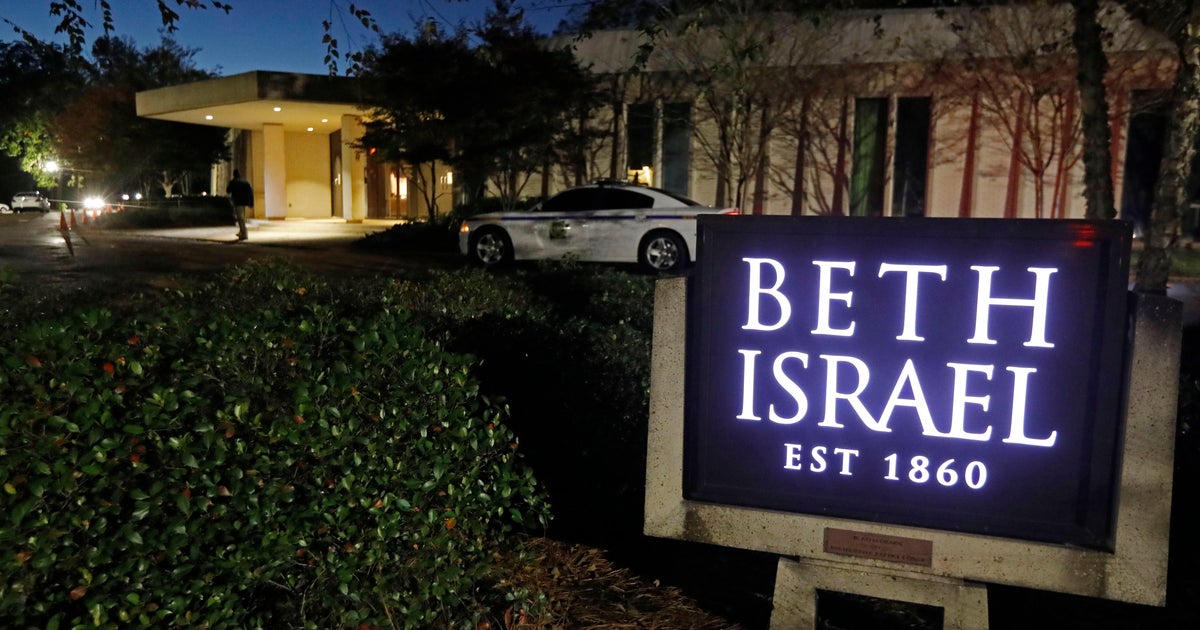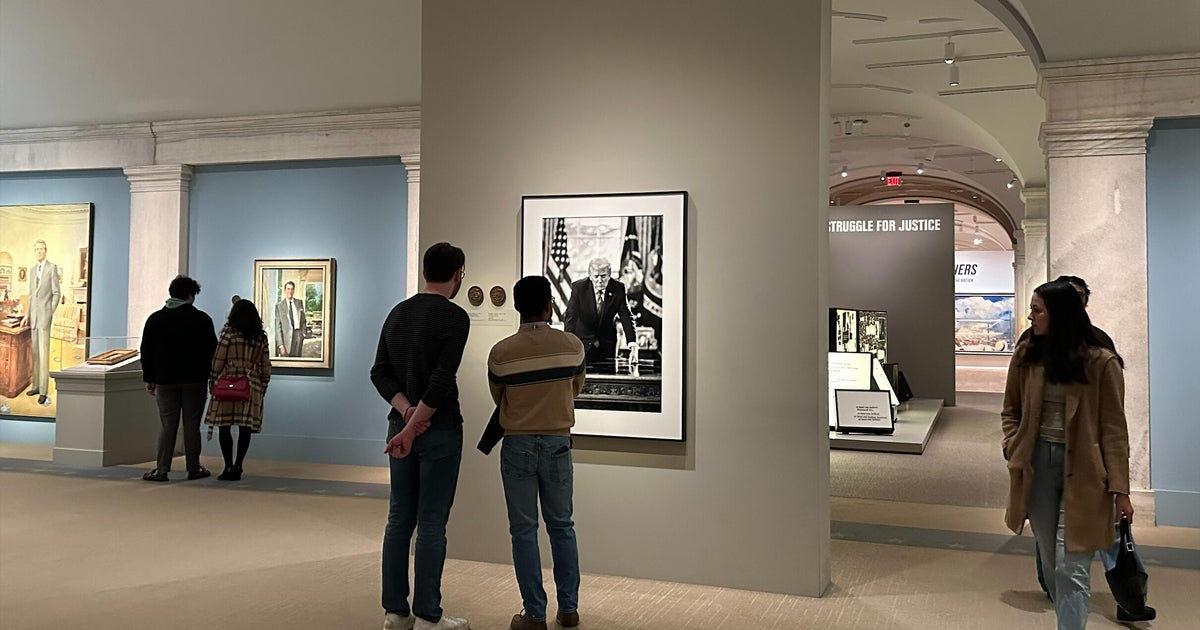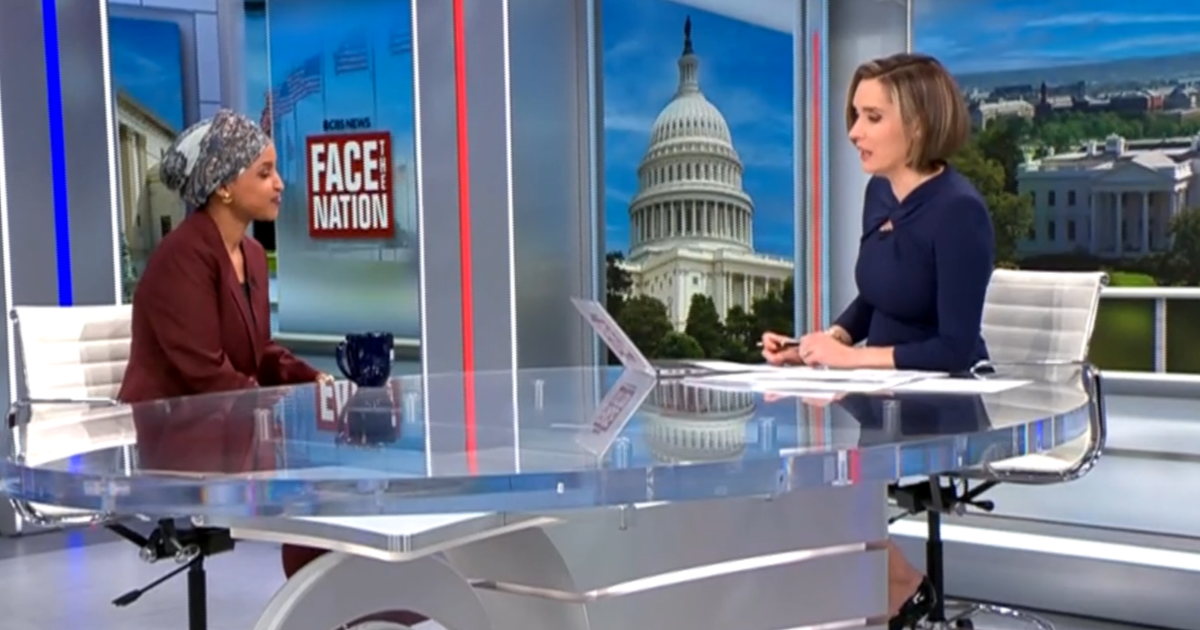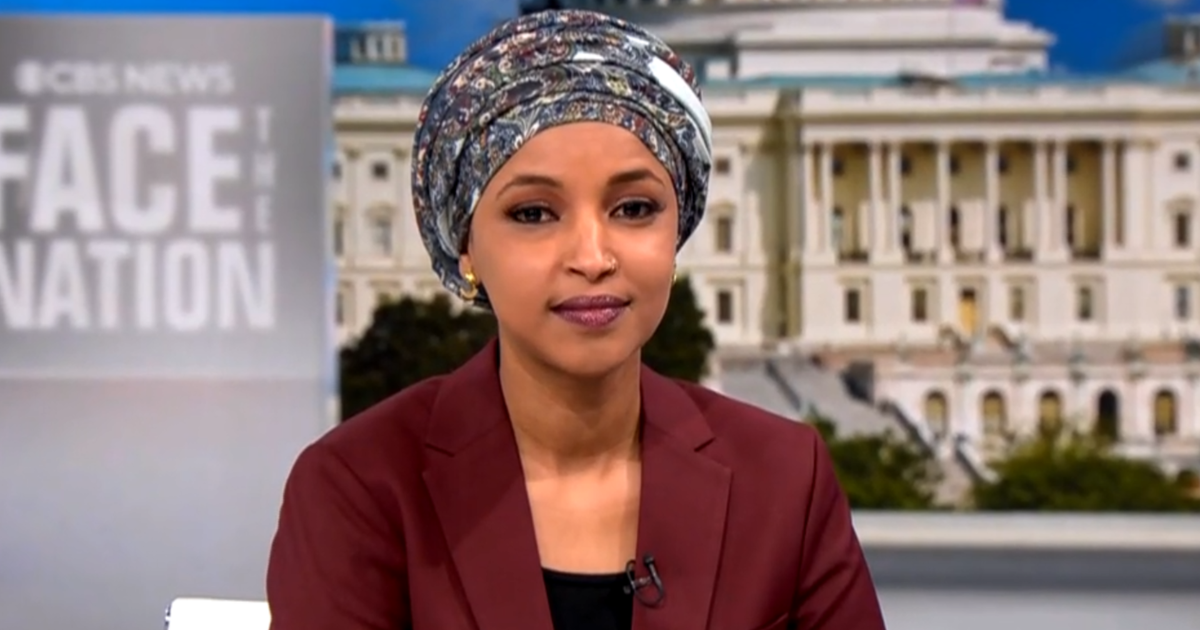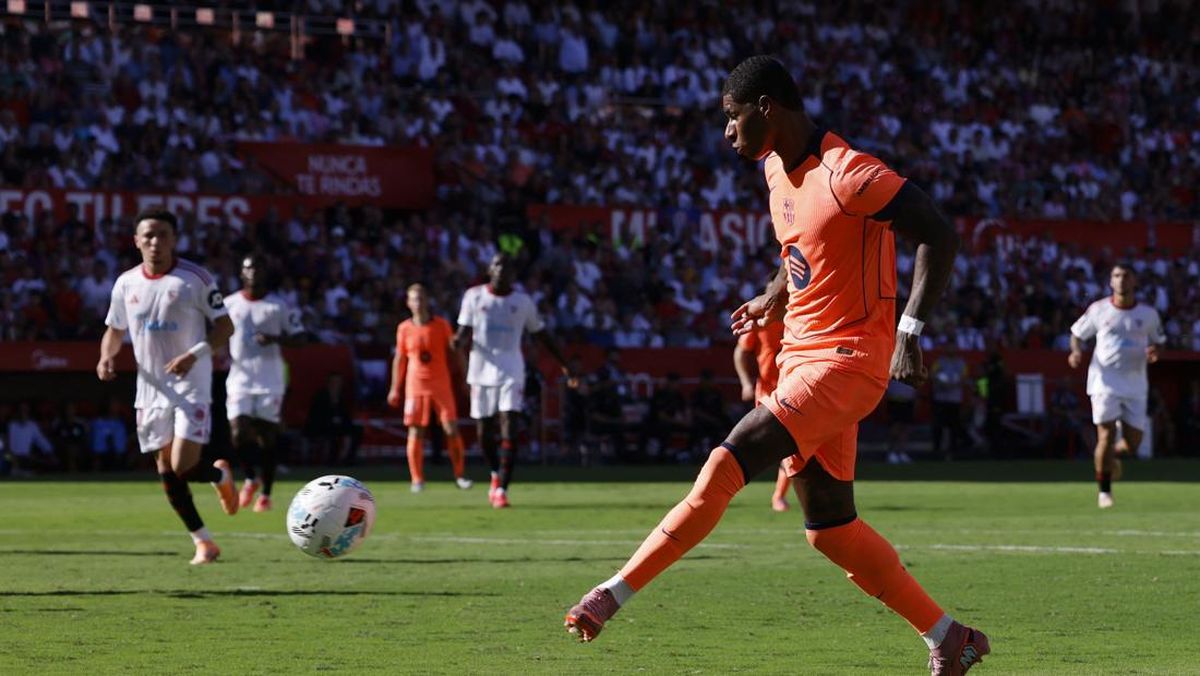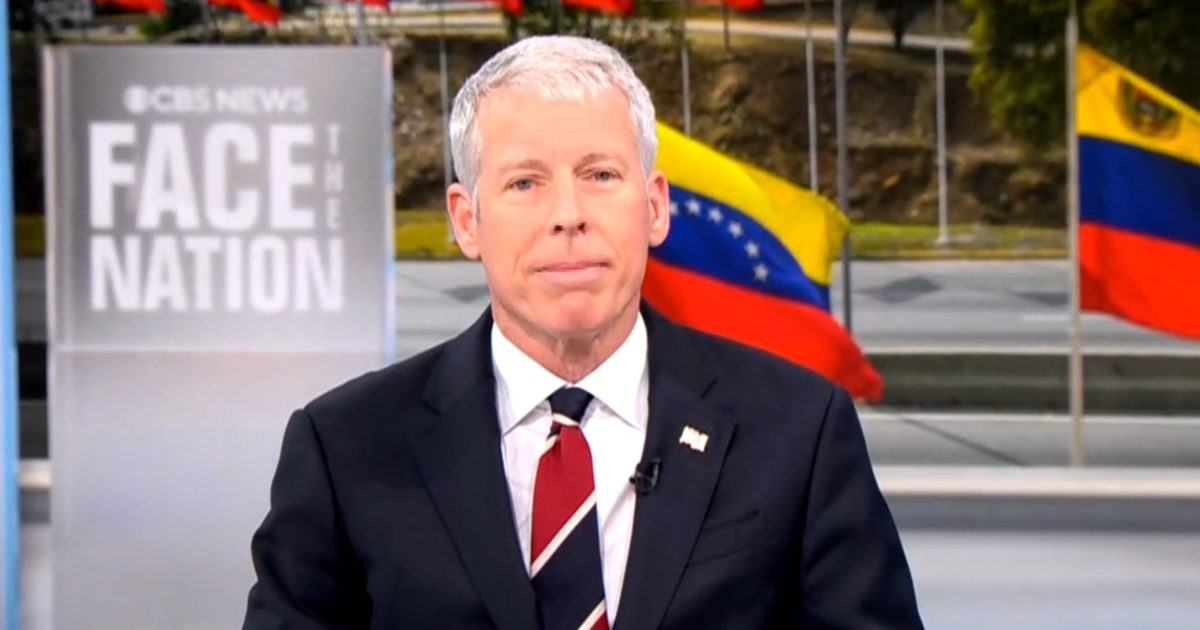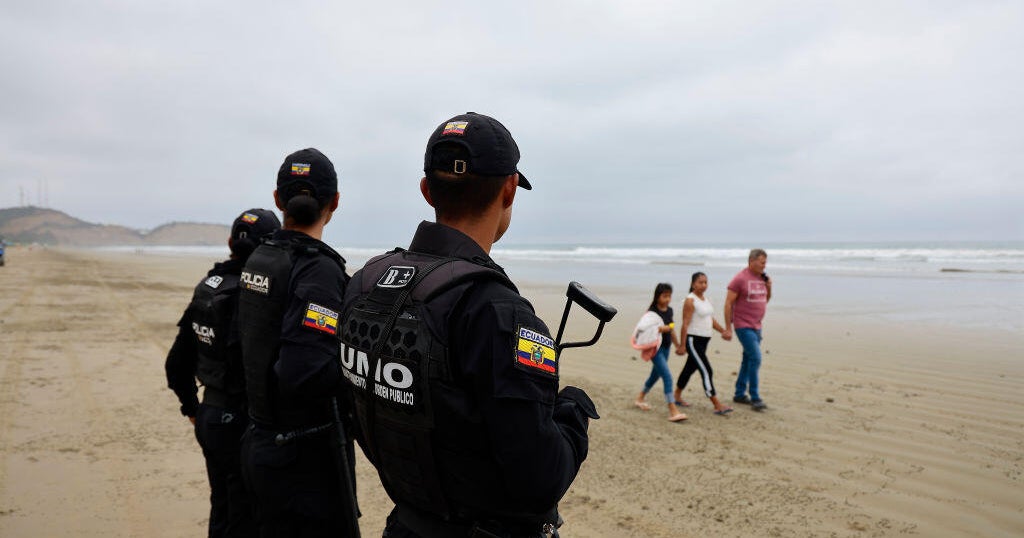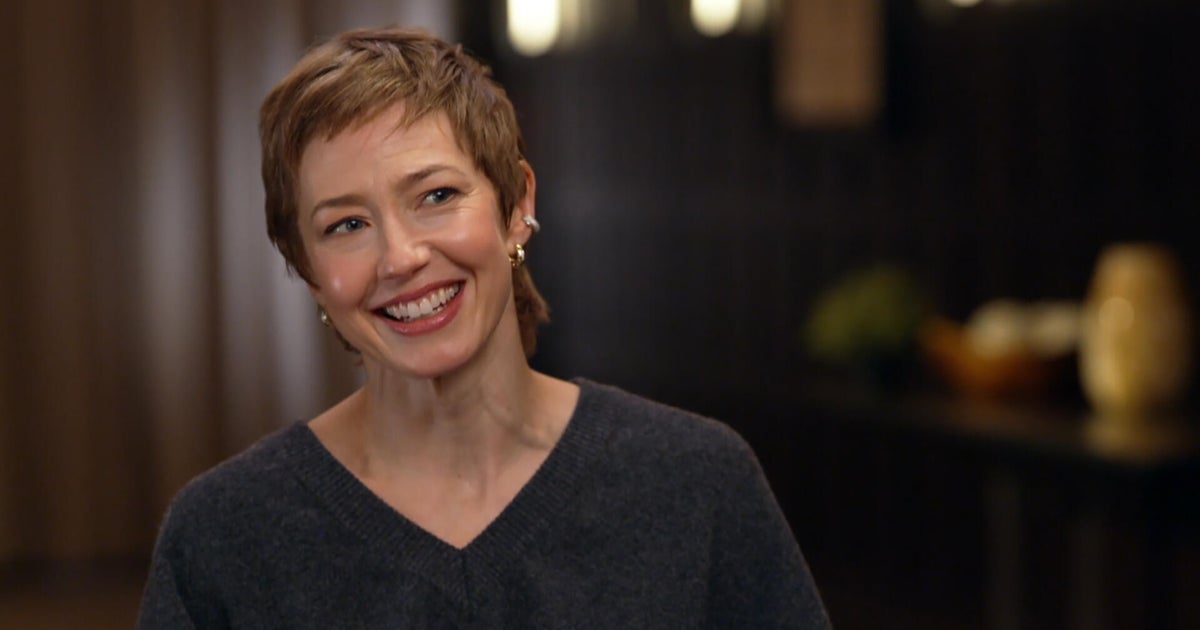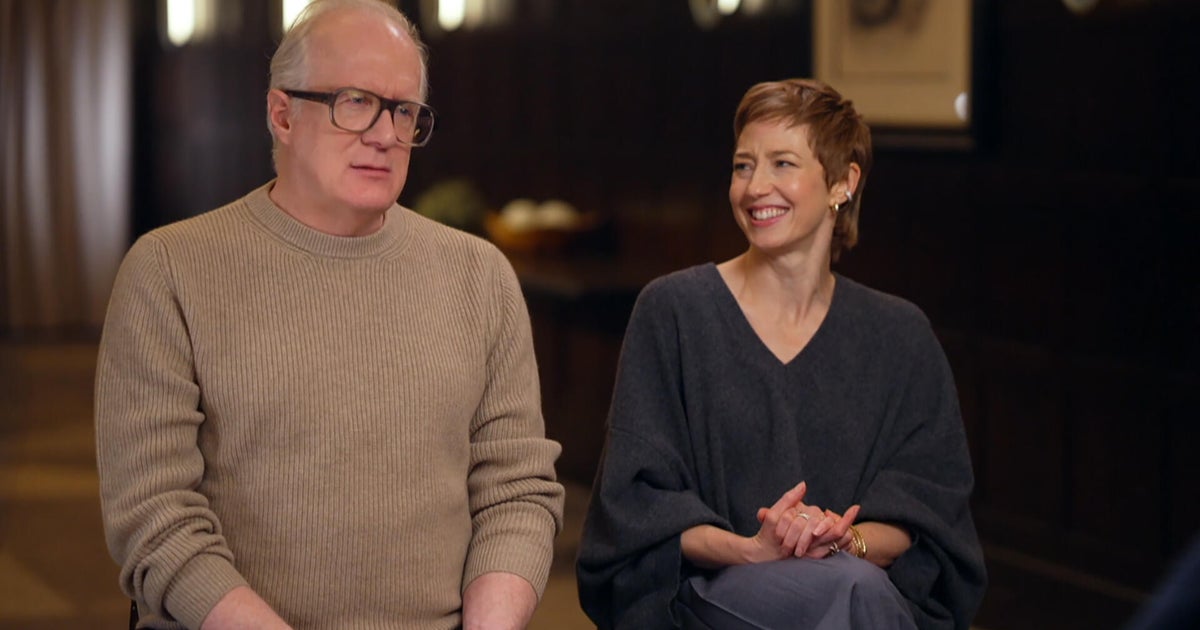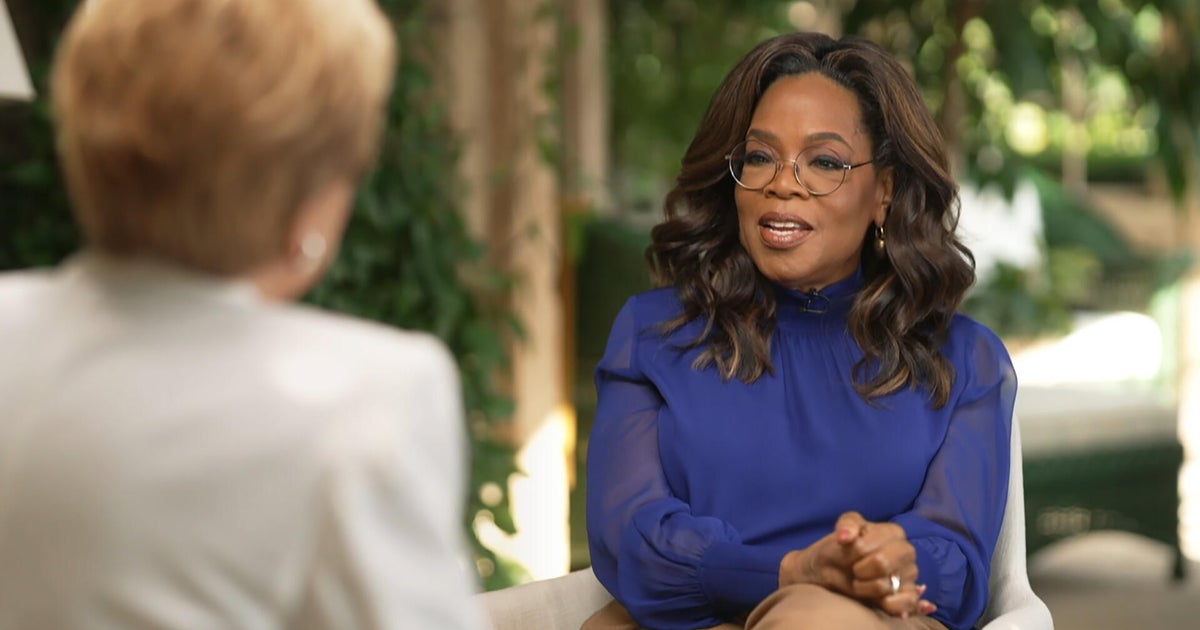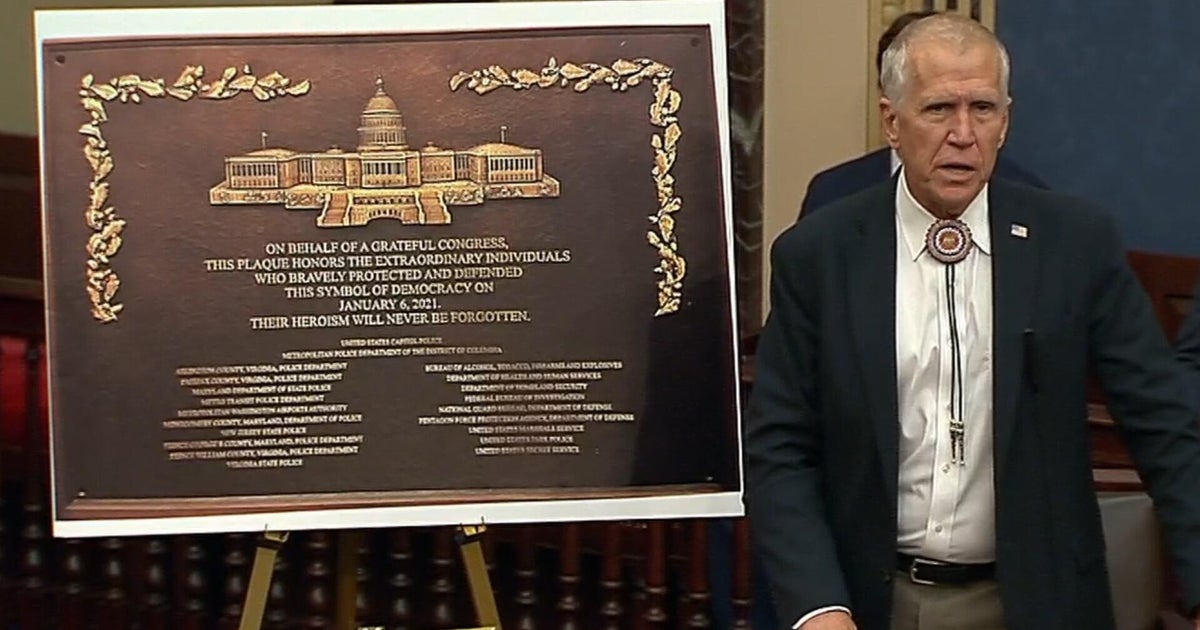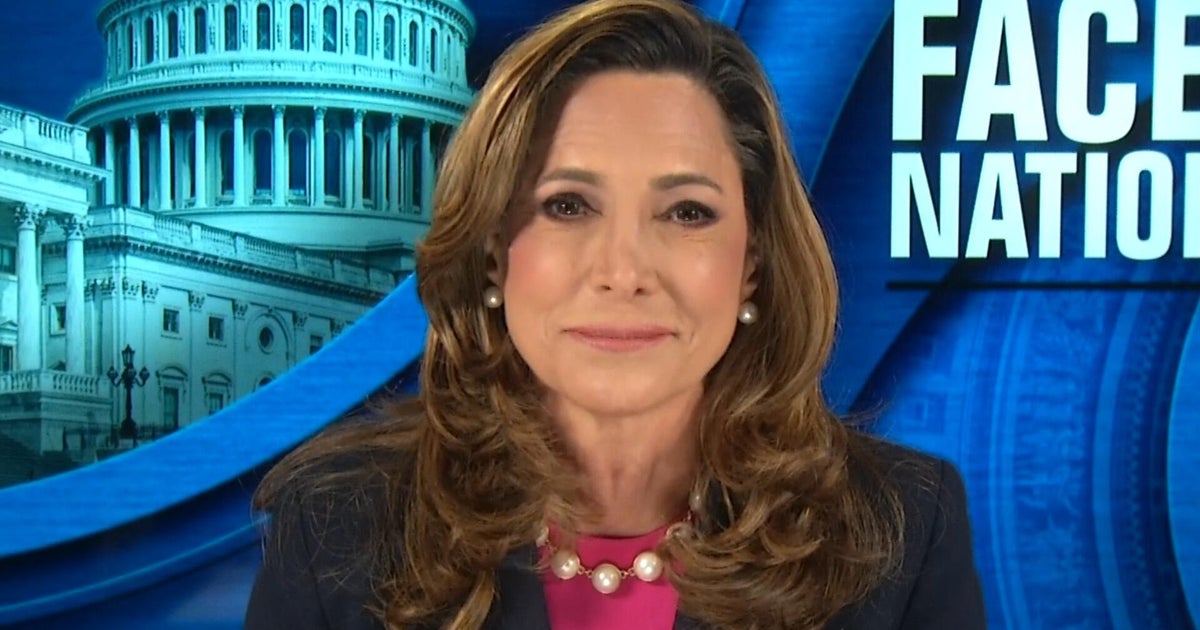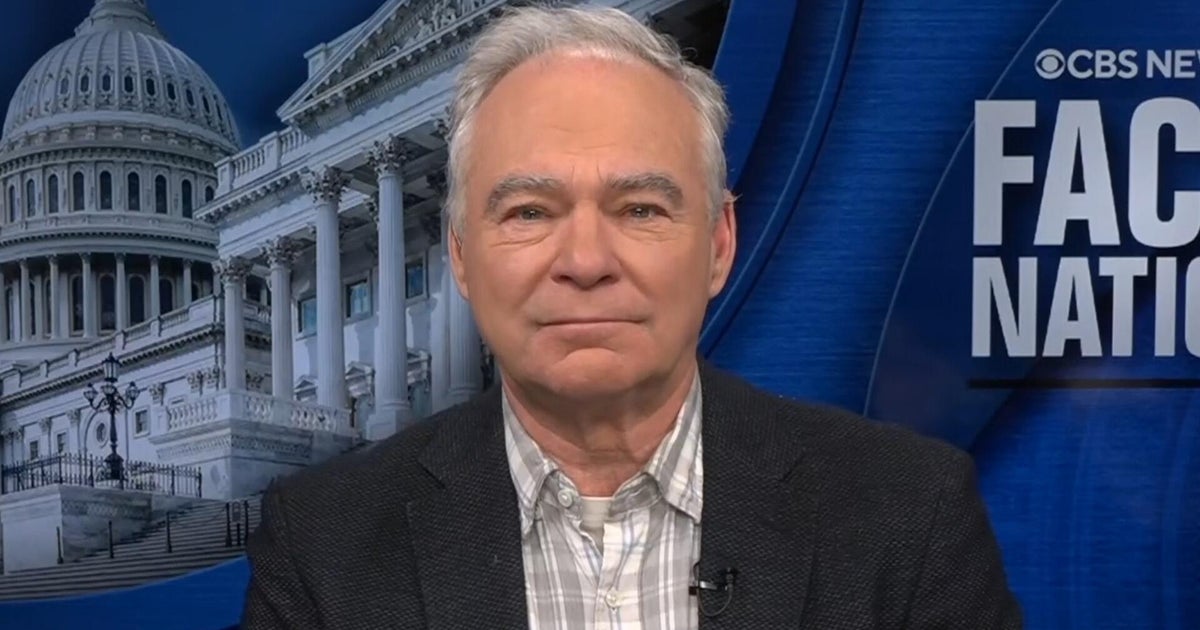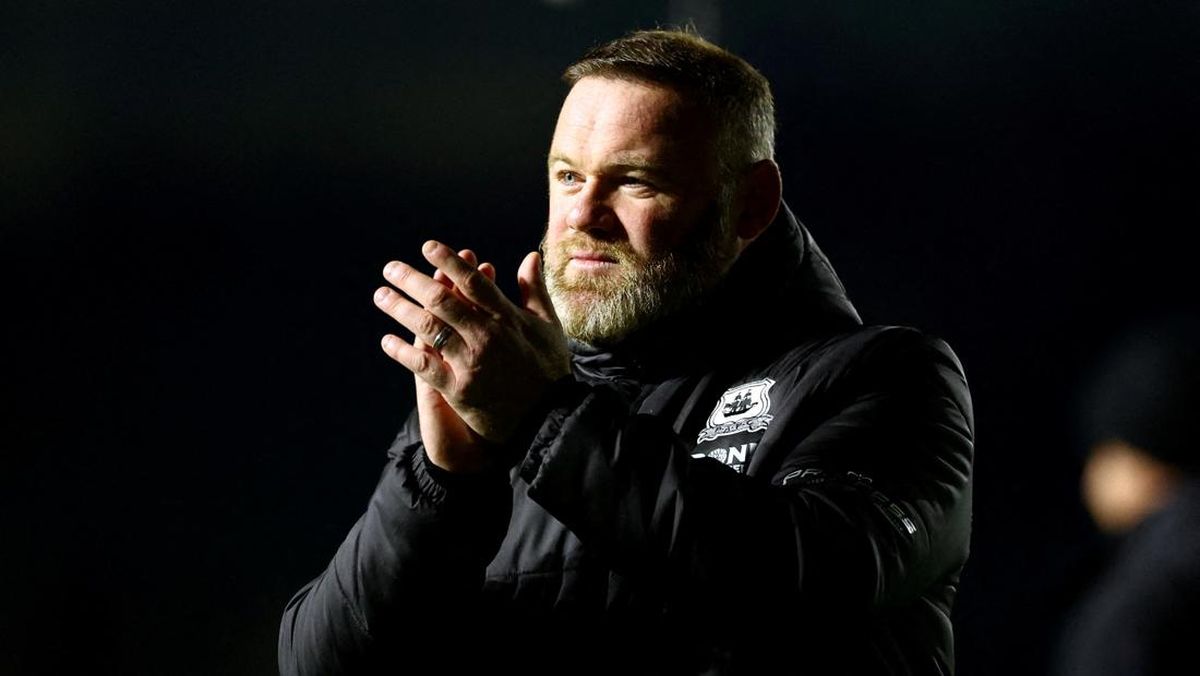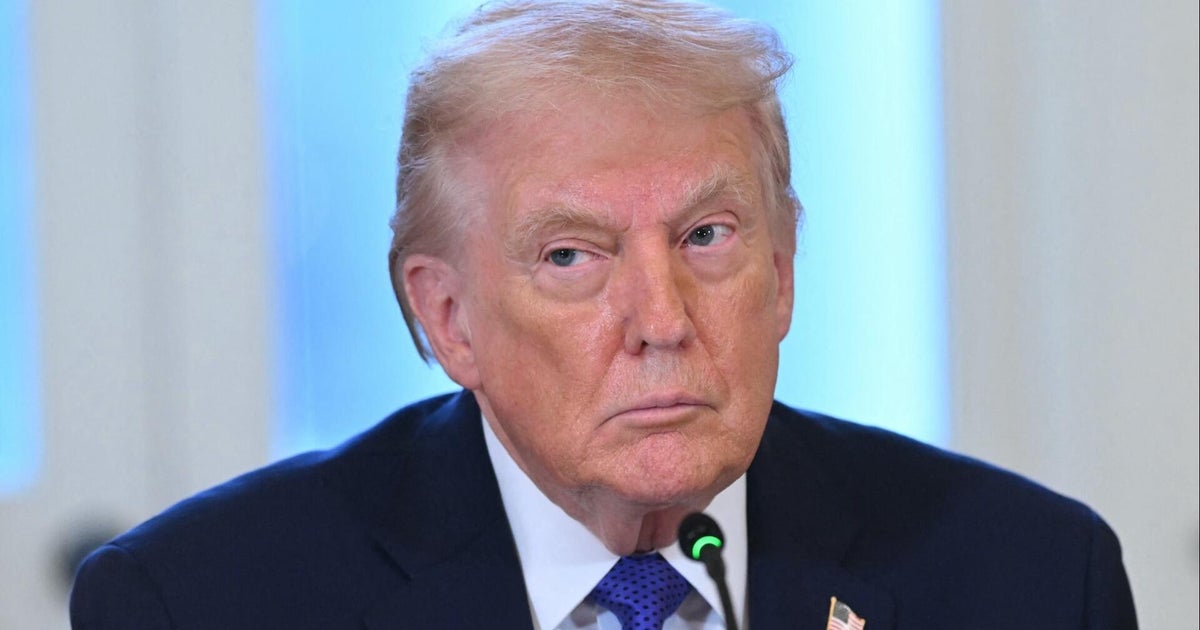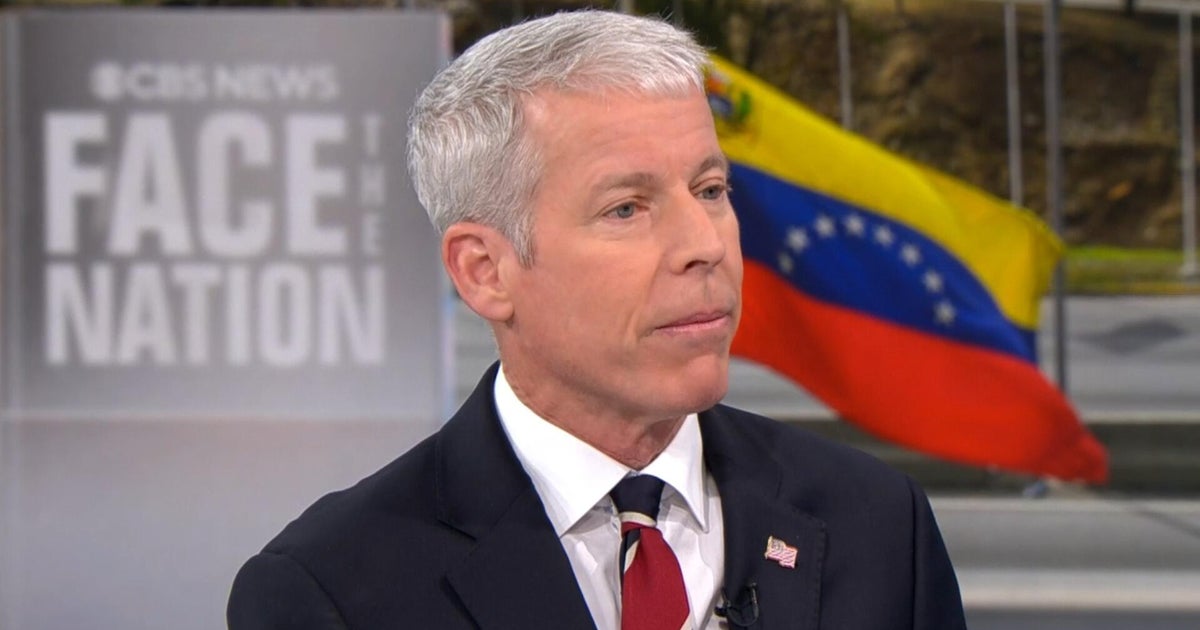Opinion
September 17, 2025 — 3.16pm
September 17, 2025 — 3.16pm
Was Donald Trump’s pronouncement that the Australian journalist asking uncomfortable questions as to whether the US president’s political/business conflicts of interest were “hurting Australia” a thinly veiled threat?
During the exchange, Trump reminded ABC reporter John Lyons that he is meeting fellow head of state Prime Minister Anthony Albanese very soon and that the awkward press conference would be on the agenda.

Donald Trump speaks to journalists during his testy confrontation with the ABC’s John Lyons on Wednesday.Credit: AP
This meeting was scheduled to discuss, among other things, vitally important sovereign issues such as our trade relationship and AUKUS.
It isn’t a long bow to draw.
Loading
The White House later referred to Lyons as a “rude foreign Fake News loser”, which puts him in the company of a long line of respected journalists who have fallen foul of the president.
Standover tactics from Trump have become familiar ground for US media companies, which have been blasted by his free speech weapon of choice – defamation actions – aimed at stifling the negative commentary from large media organisations.
In doing so, Trump is weakening or potentially dismantling the infrastructure of the fourth estate. There are already fears for the independence of other US institutions, including the courts, the US Food and Drug Administration and its central bank – just to name a few.
A couple of the US’s largest media conglomerates – including Paramount, and the American Broadcasting Corp and its parent Disney – have recently chosen to settle legal actions brought against them by the president, choosing expediency and certainty over a desire for court adjudication.
The Washington Post’s owner, Jeff Bezos, is regarded as having already caved in to Trump, by refusing to endorse a candidate in the 2020 election and trodden carefully in criticism of the president – in an attempt to protect his other business interests, which include Amazon.

Washington Post owner Jeff Bezos is regarded as having already caved in to Trump.Credit: AP
But overnight, Trump launched the doozy of them all, with a $US15 billion ($22.5 billion) lawsuit against The New York Times and a number of its journalists.
“The New York Times has been allowed to freely lie, smear, and defame me for far too long, and that stops, NOW!” Trump said on his Truth Social platform.
This will be a test of whether The New York Times is prepared to go the legal distance to protect its brand and see this matter through to a legal outcome.
The publication’s initial response was: “This lawsuit has no merit. It lacks any legitimate legal claims and instead is an attempt to stifle and discourage independent reporting. The New York Times will not be deterred by intimidation tactics.”
One wonders whether the media organisations could counter-claim that they have been defamed by the president who has accused them of publishing fake news.
And strangely enough, the Times might find an unusual ally in the Murdoch empire, whose patriarch, Rupert, and the parent company of its flagship Wall Street Journal, are also being sued by Trump for allegations he wrote a bawdy note to paedophile Jeffrey Epstein.
Both media groups have big reputations to protect and may be less inclined to back away from a fight.
One wonders whether the media organisations could counterclaim that they have been defamed by the president, who has accused them (on more occasions than can be counted) of publishing fake news.
Loading
Meanwhile, the verbose and bizarre claims contained in the legal filing against The New York Times, which feels like it was written by Trump and assisted by AI (adding punctuation and removing all-caps), are punctuated by boasts of the president’s achievements, skills and charm.
By way of example, it crows, “The Apprentice represented the cultural magnitude of President Trump’s singular brilliance, which captured the zeitgeist of our time.”
It claims he secured “the greatest personal and political achievement in American history”.
Loading
The Apprentice was a success because of “President Trump’s sui generis [unique] charisma and unique business acumen”. It describes his father, Fred C. Trump, as “a legendary businessman and a patriot”.
The claim accuses the Times of being “a leading, and unapologetic, purveyor of falsehoods against President Trump”.
And more generally, that the publisher sought to damage Trump’s “hard-earned and world-renowned reputation for business success” to “sabotage his 2024 candidacy for President of the United States” and to “prejudice judges and juries in the unlawful cases brought against President Trump, his family, and his businesses by his political opponents for purposes of election interference”.
Given the president won the election and has significantly increased his wealth since then, the size of the damages he is seeking is a bit of a head scratcher.
Perhaps it is time for the media to test the legal waters and take on Trump to see who is faking the news.
The Business Briefing newsletter delivers major stories, exclusive coverage and expert opinion. Sign up to get it every weekday morning.
Most Viewed in World
Loading

